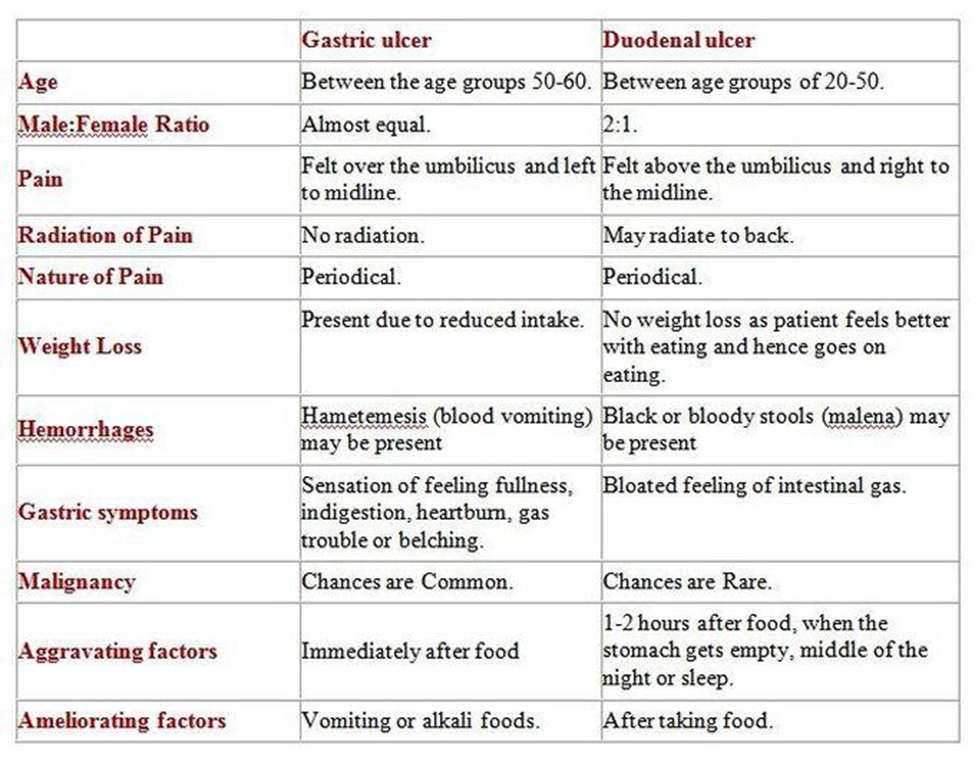Patients should be advised not to overuse laxatives, because the smooth muscle in the colon can lose its tone. What condition should the nurse warn the client can occur if this happens?
Chronic diarrhea
Chronic constipation
Frequent vomiting
Chronic nausea
The Correct Answer is B
A) Chronic diarrhea:
Overuse of laxatives is more likely to lead to chronic constipation rather than chronic diarrhea. Laxatives are typically used to treat constipation by promoting bowel movements, but overuse can disrupt normal bowel function and result in long-term constipation.
B) Chronic constipation.
Overuse of laxatives can lead to dependence on laxatives for bowel movements and can cause the smooth muscle in the colon to become less responsive to normal stimuli, resulting in decreased muscle tone. This can eventually lead to chronic constipation, where the colon becomes less effective at moving stool through the digestive tract, resulting in infrequent or difficult bowel movements.
C) Frequent vomiting:
Overuse of laxatives does not typically lead to frequent vomiting. Vomiting is more commonly associated with conditions affecting the upper gastrointestinal tract, such as gastroenteritis, gastritis, or other gastrointestinal disorders.
D) Chronic nausea:
Overuse of laxatives may cause gastrointestinal discomfort or upset stomach, but it is not typically associated with chronic nausea. Chronic nausea may be caused by various factors such as gastrointestinal disorders, medications, or other underlying medical conditions unrelated to laxative use.
Nursing Test Bank
Naxlex Comprehensive Predictor Exams
Related Questions
Correct Answer is A
Explanation
A. This is normal.
Guaifenesin is an expectorant medication commonly used to help loosen and thin mucus in the airways, making it easier to cough up. Coughing up phlegm after taking guaifenesin is a typical and expected response to the medication. Therefore, reassuring the client that this is a normal effect of the medication is appropriate.
B. This requires further investigation: Coughing up phlegm after taking guaifenesin is a common and expected outcome, so further investigation is not necessary unless there are other concerning symptoms or indications.
C. This is indicative of an allergic reaction: Coughing up phlegm after taking guaifenesin is not indicative of an allergic reaction. Allergic reactions to guaifenesin are rare and typically present with more severe symptoms such as rash, itching, swelling, or difficulty breathing.
D. This means there is probably more pathology present: Coughing up phlegm after taking guaifenesin does not necessarily indicate the presence of additional pathology. Guaifenesin is intended to help clear mucus from the airways and is commonly used in the treatment of respiratory conditions associated with excess mucus production, such as cough due to cold or bronchitis.
Correct Answer is C
Explanation
A) Nighttime pain:
Nighttime pain, also known as nocturnal pain, is a symptom associated with both duodenal and gastric ulcers. It occurs when the stomach or duodenal lining is empty and no food is present to buffer the effect of gastric acid. While nighttime pain can occur in both types of ulcers, it is not more specific to duodenal ulcers compared to gastric ulcers.
B) Anorexia:
Anorexia, or loss of appetite, can occur in both duodenal and gastric ulcers due to factors such as pain, discomfort, and inflammation. It is not a symptom that is more commonly associated with one type of ulcer over the other.
C) Postprandial pain (occurring after a meal).
Postprandial pain, which occurs after a meal, is more commonly associated with duodenal ulcers than gastric ulcers. This pain typically occurs 2 to 3 hours after eating, as it is often triggered by the release of gastric acid and duodenal contractions stimulated by food intake. Duodenal ulcers tend to cause this type of pain because they are located in the duodenum, the first part of the small intestine, which is exposed to gastric acid and bile after a meal.
D) Nausea and vomiting:
Nausea and vomiting can occur in both duodenal and gastric ulcers, particularly if the ulcer is accompanied by complications such as obstruction or perforation. These symptoms are not more specific to duodenal ulcers compared to gastric ulcers.

Whether you are a student looking to ace your exams or a practicing nurse seeking to enhance your expertise , our nursing education contents will empower you with the confidence and competence to make a difference in the lives of patients and become a respected leader in the healthcare field.
Visit Naxlex, invest in your future and unlock endless possibilities with our unparalleled nursing education contents today
Report Wrong Answer on the Current Question
Do you disagree with the answer? If yes, what is your expected answer? Explain.
Kindly be descriptive with the issue you are facing.
